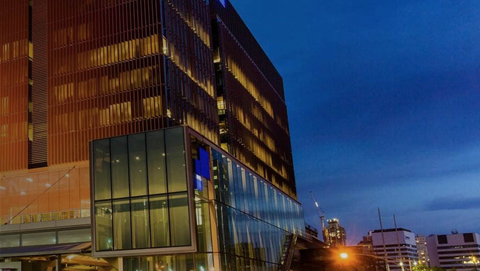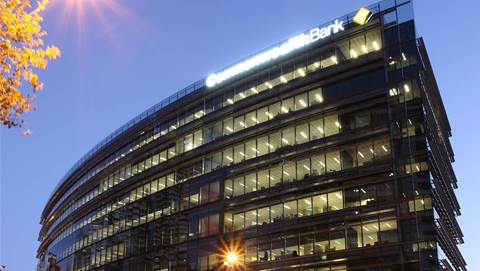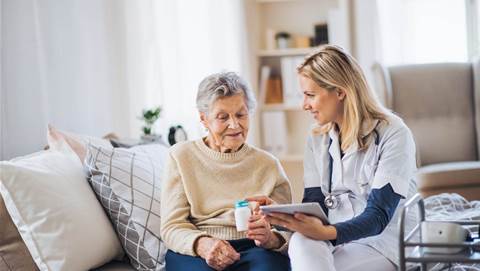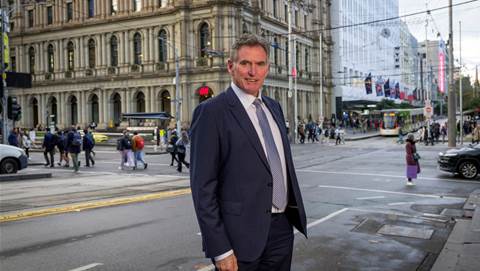La Trobe University has partnered with Optus and Medibank to fund ‘rapid turnaround’ projects to investigate the impacts of working from home, telehealth physiotherapy and virtual care technologies.
Three projects set to be completed by February next year are expected to deliver tangible improvements to health outcomes as the health crisis continues to unfold, La Trobe deputy vice-chancellor Professor Susan Dodds said.
One project sharing $250,000 in grant funding examines the challenges hospitals face after adapting to social distancing measures enacted to curb the spread of COVID-19.
Led by professors James Boyd and Ani Desai, the project will develop a framework to evaluate virtual care models, such as remotely monitoring the health of patients discharged from hospitals who might be at high risk of readmission, or long-term monitoring of patient health in residential aged care settings.
It will be run using existing technologies in partnership with Northern Health, Halley Assist and Proactive Aging.
“We’ll look at how virtual remote care technologies can be used in an effective and safe manner during and after the COVID-19 pandemic,” Desai said.
“Ideally these technologies will enable hospital patients to be discharged earlier, to safely recover at home. We’ll develop a framework for home-based virtual care, with input from clinicians and feedback from patients and families.”
Another project, led by Dr Amy Dennet, will evaluate an expansive package of telehealth physical rehabilitation for people with cancer.
The package includes virtual group exercises, one-on-one health coaching, and an interactive online information portal.
Dennet, a physiotherapist and La Trobe researcher based at Eastern Health, said it’s important for health services to understand how to introduce these programs both during the pandemic and afterwards.
“People with cancer typically have poor access to exercise rehab programs, despite research showing it can improve outcomes, including quality of life," Dennet said.
“It’s critical to keep this vulnerable population healthy and out of hospital during the COVID-19 period.
“This research will tell us how tele-rehabilitation can be implemented for cancer survivors and will help set them up for healthy active lifestyles in the long term.”
The final project will assess both the physical and mental health impacts of working from home.
It attempts to develop guidelines on how employees’ health and wellbeing can be protected and improved while working from home.
Lead researcher Associate Professor Jodi Oakman said the project will also factor in the unequal impacts of the health and economic crises on men and women.
“The gendered impact of COVID-19 is now emerging as an issue, with women faring much worse than men on a range of measures – so it’s important that we explore the impacts of working from home on health and wellbeing to ensure that we can optimise the situation for both employers and employees," Oakman said.
Medibank’s chief medical officer Dr Linda Swan said each of the projects addressed some of the unique problems posed by the ongoing health crisis.
“Diseases like cancer don’t stop for a pandemic, so how do we ensure immune compromised patients still have access to vital physiotherapy and exercise sessions from home?" she said.
“While telehealth and virtual homecare services have been around for a while, COVID-19 has seen demand greatly increase and more user-friendly options are now required by patients, clinicians and hospitals.
“There are also serious health and wellbeing concerns stemming from working from home long term. As a community, we need to know more about the impact.”


.jpg&h=140&w=231&c=1&s=0)























